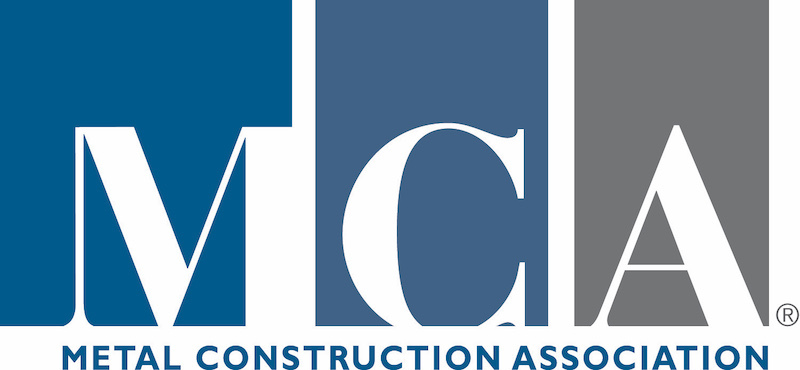Engineering Evaluations Potentially a Great Option Under NFPA 285
A deep dive into why Engineering Evaluations (EE) should be acceptable as an alternative to running an NFPA 285 wall assembly test. This course will show how this evaluation process can be used as a viable path to evaluate wall assemblies to the requirements of the International Building Code.
A deep dive into why Engineering Evaluations (EE) should be acceptable as an alternative to running an NFPA 285 wall assembly test. This course will show how this evaluation process can be used as a viable path to evaluate wall assemblies to the requirements of the International Building Code. We’ll discuss the baseline information required and the “layer-by-layer” analysis used by a qualified fire professional to demonstrate that a specific wall assembly meets the intent of the code. This approach should make the expected performance of the wall assembly clear to the local authority having jurisdiction (AHJ) so that an informed decision can be made on the acceptance of the proposed wall assembly.
Learning Objectives:
- Review the IBC requirements for the engineering evaluation.
- Identify the elements that the fire professional uses to develop an engineering evaluation.
- Understanding of the layer-by-layer parts of the wall assembly being analyzed for approval.
- Compare the information obtained from a successful NFPA 285 test and an engineering evaluation.
- Explore what role an Engineering Evaluation has during the drawing review process.
ELIGIBLE FOR 1 AIA LU HSW

